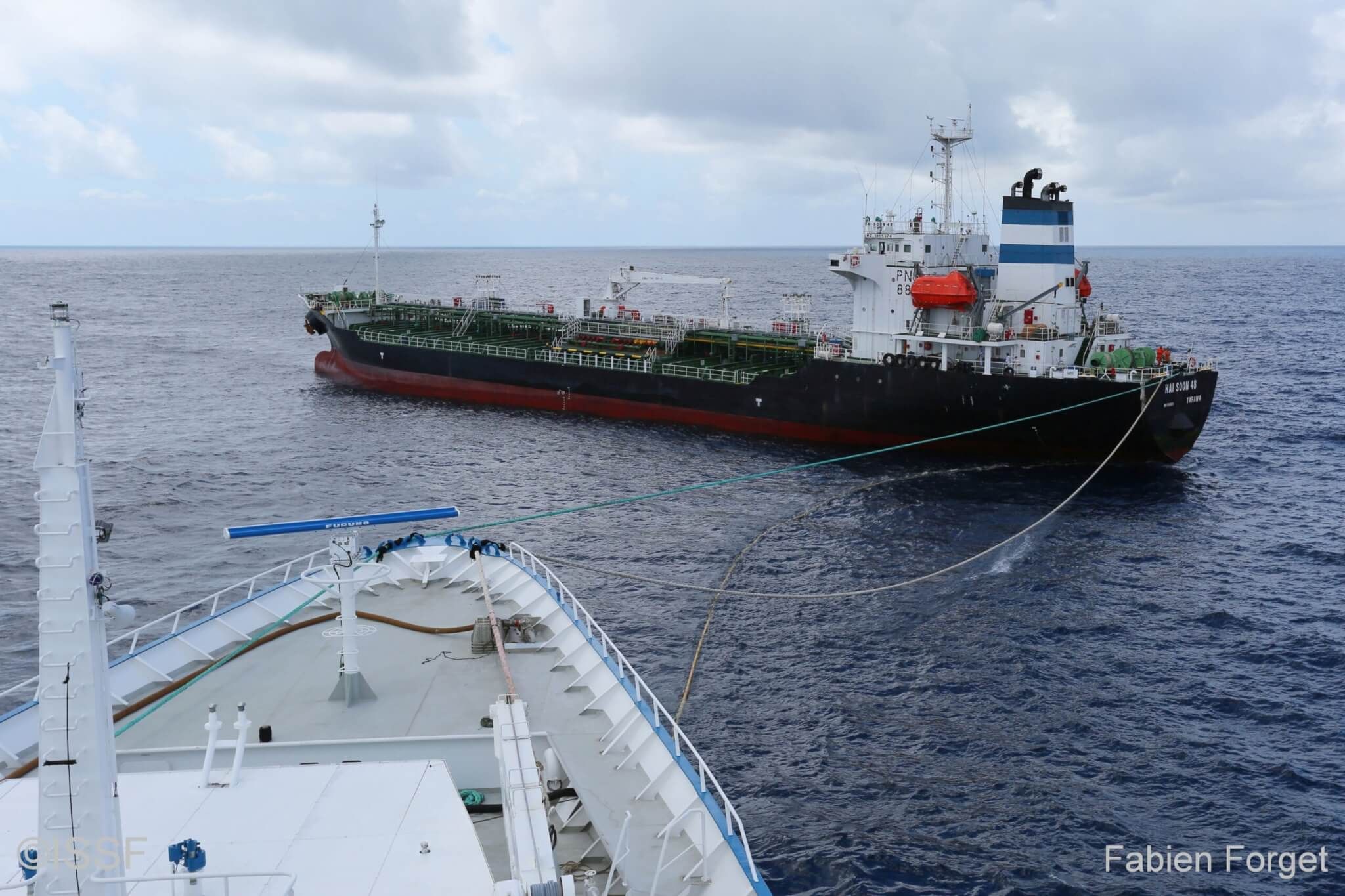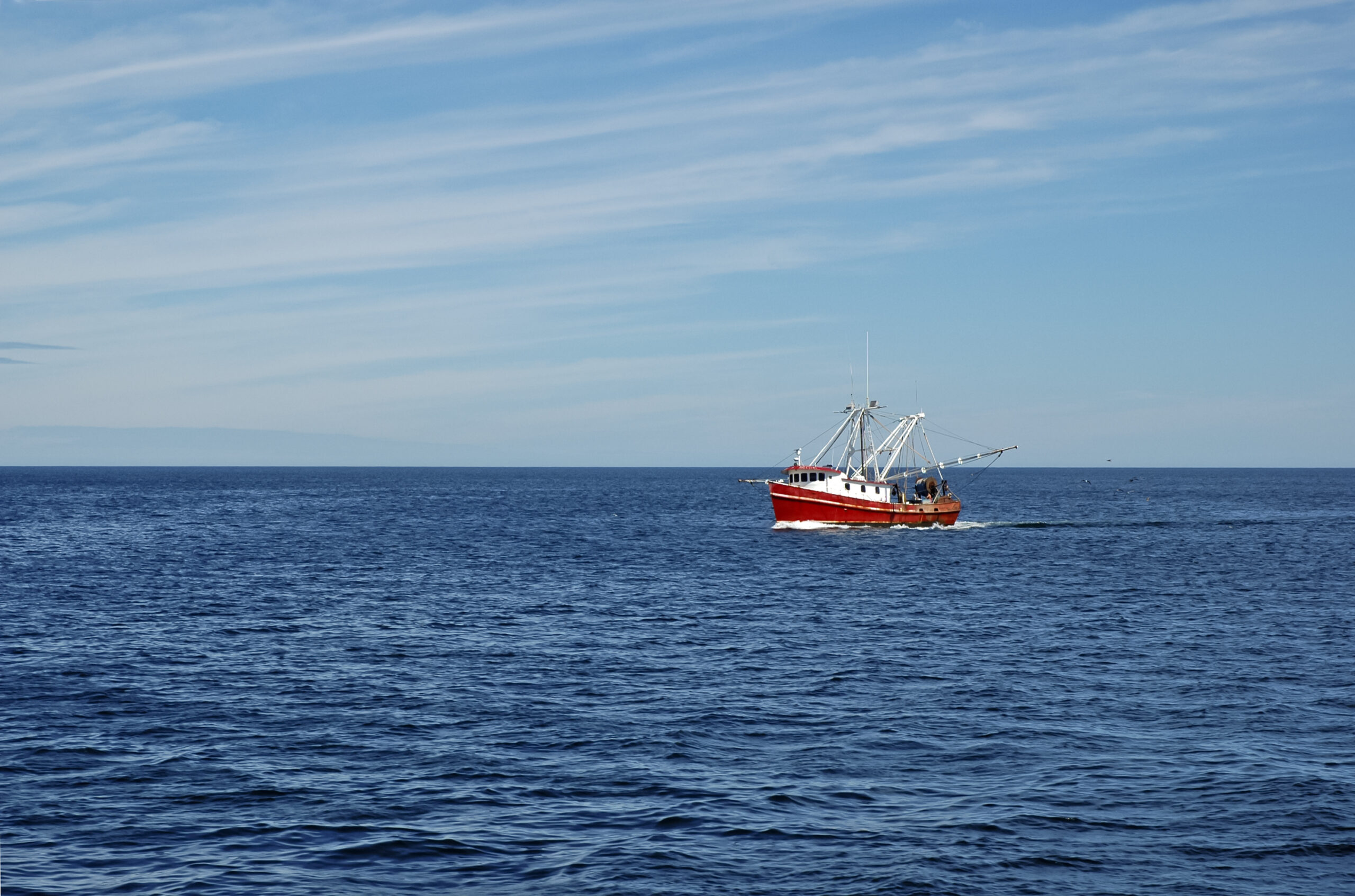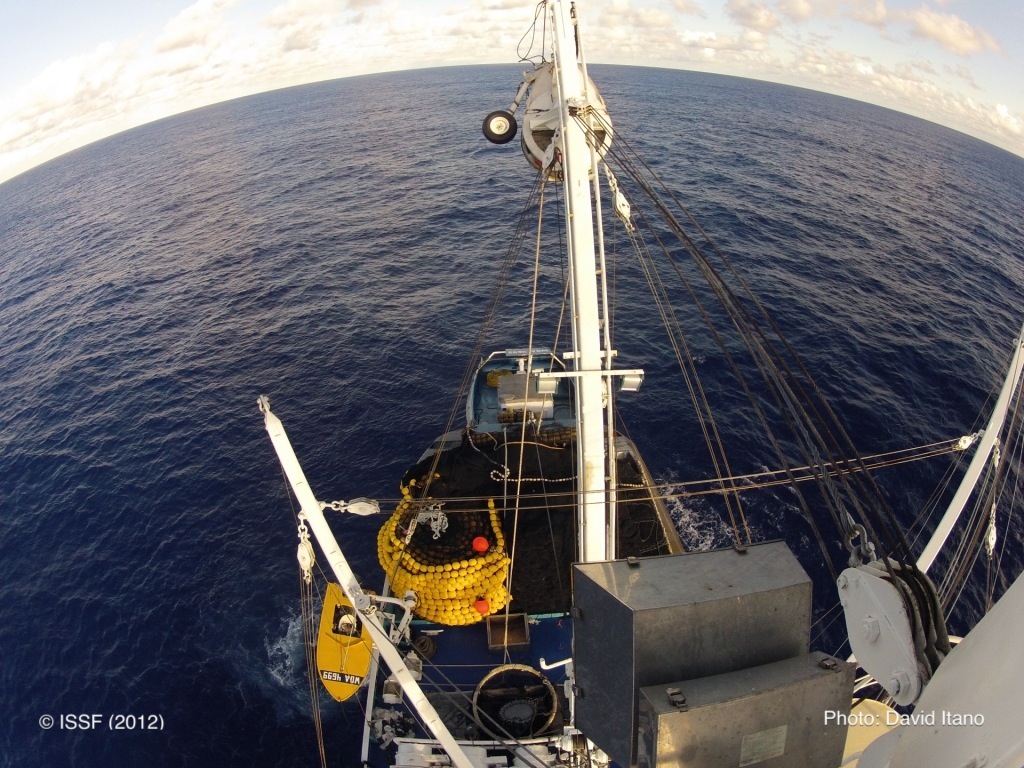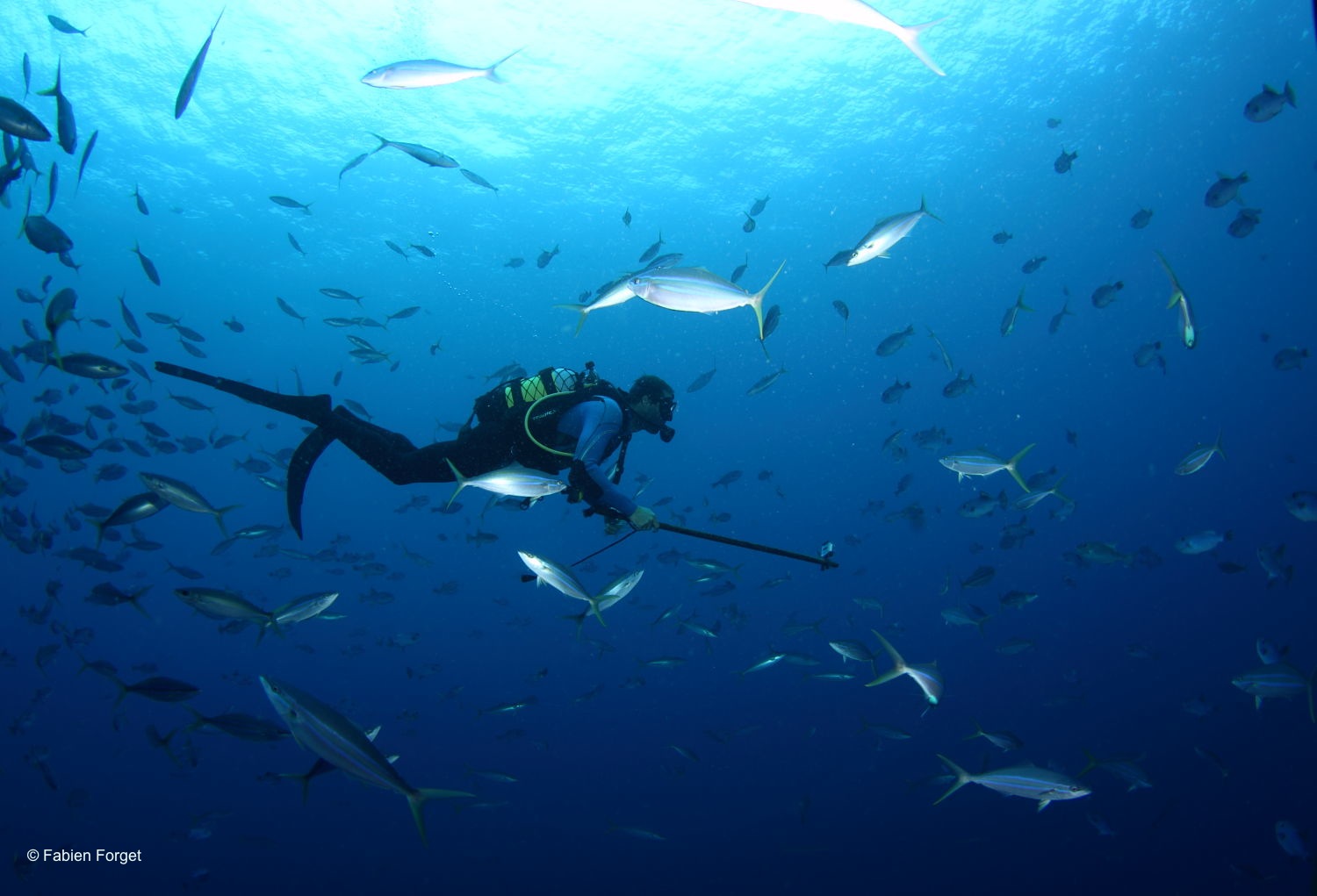Helping Fisheries Better Monitor & Enforce Requirements
Featured Blog
Helping Fisheries Managers Better Monitor and Enforce Requirements for Member States
What good are regulations if they’re not followed? Why adopt policies without a strong plan to monitor adherence to them?
In an era of greater expectations regarding transparency and accountability, these are the questions stakeholders are increasingly asking of RFMOs. And for tuna fisheries, a vital, global food source and economic engine, those expectations are especially heightened. Now, a group of policy experts is stepping in to help tuna RFMOs continue strengthening their compliance processes.
A recently released report, Clear and Consistent Mechanisms with Predetermined Consequences Could Improve Compliance Systems Across Fisheries, shares outcomes of the third workshop in a series of expert workshops that seek to strengthen RFMO compliance mechanisms.
Featured Content
Electronic Monitoring in RFMOs: A Journey Towards Transparency
“When we talk about verified transparency in the tuna industry, it all begins on the water. Tuna are highly migratory, and tuna Regional Fisheries Management Organizations (RFMOs) are responsible for managing over 300 million square kilometers of ocean. Reliable monitoring at the surface of the ocean remains a challenging obstacle to achieving robust transparency and a fully traceable network within the supply chain.”
In ISSF’s recently released 2021 annual report Transparent Accountability Across Tuna Fisheries, ISSF Senior Scientist Dr. Hilario Murua reviews how electronic monitoring improves the science underpinning the sustainable use of resources and provides an update on each tuna RFMO’s progress in embracing this important tool.
Read the feature article (scroll to read)
ISSF in the News
ISSF urges action on tuna
World Fishing and Aquaculture
Pushing for yellowfin catch reduction
FiskerForum
ISSF focusing on advancing sustainability of tuna fisheries
SeafoodSource
Fisheries research must go on—especially now
Hook & Net



